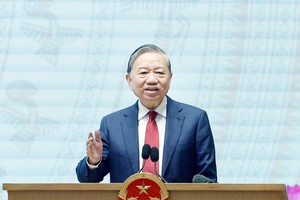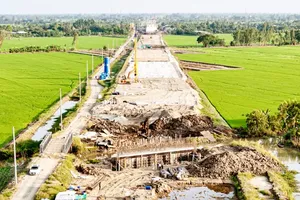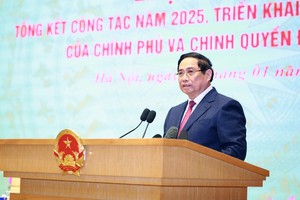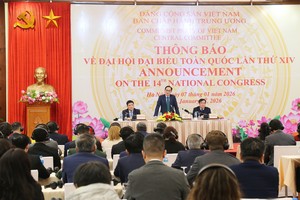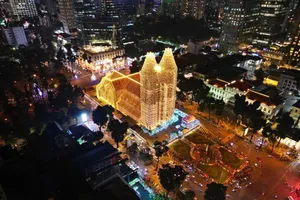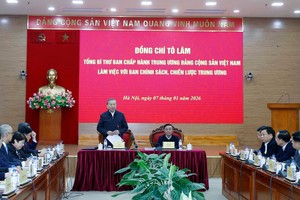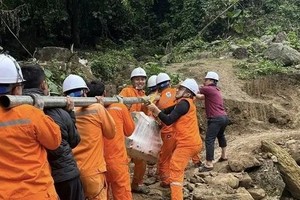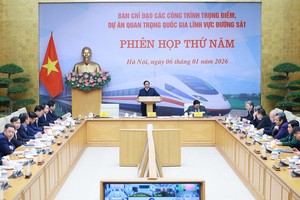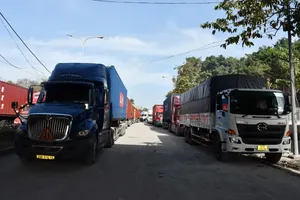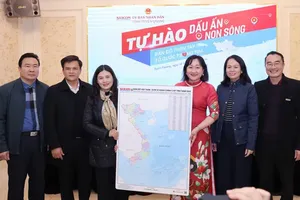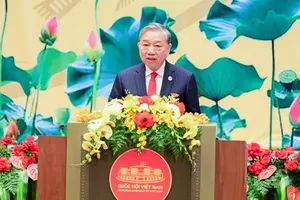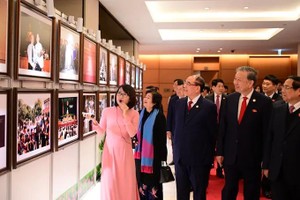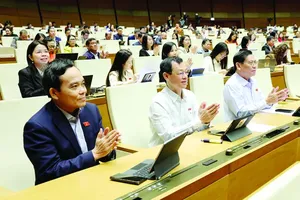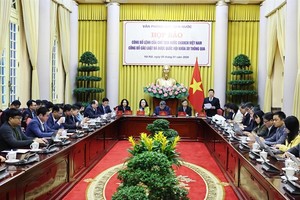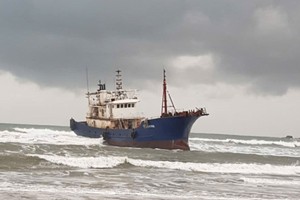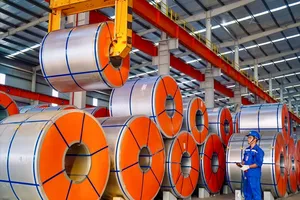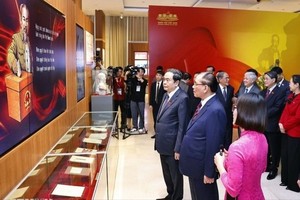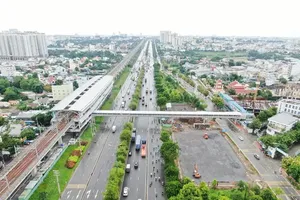Companies are pioneers in recycling
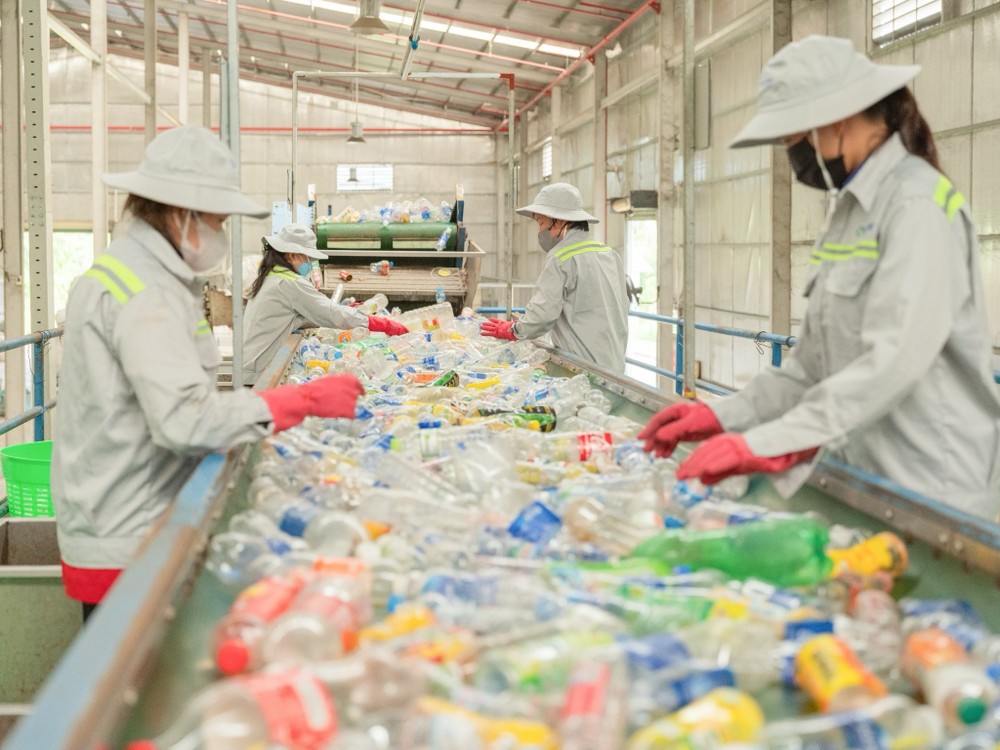
Right after the 2020 Environmental Protection Law took effect, in 2021, 9 large enterprises including TH Group, Coca-Cola Vietnam, Friesland Campina Vietnam, La Vie, Nestlé Vietnam, Nutifood, Suntory PepsiCo Vietnam, Tetra Pak and Universal Robina Corporation, joined hands to launch the coalition Packaging Recycling Organization Vietnam (referred to as PRO Vietnam).
For nearly three years, PRO Vietnam has promoted many activities to raise consumer awareness about recycling and waste classification, develop available packaging collection systems, and support factories' recycling programs that process and produce recycled materials. PRO Vietnam members also carry out many meaningful private activities.
Specifically, Suntory PepsiCo Vietnam Beverage Company Limited (Suntory PepsiCo) signed a strategic cooperation memorandum with DUYTAN Recycled Plastic Company (DUYTAN Recycling) on providing recycled plastic to produce packaging for Suntory PepsiCo products from 2022 to 2026.
In October 2023, La Vie Company, a member of Nestlé Group, also signed a memorandum of understanding on a plastic collection and recycling cooperation program with DUYTAN Recycling. According to the 5-year strategy just signed by both sides, La Vie and DUYTAN Recycling will join hands to collect and recycle 11,000 tons of plastic waste which is applicable to La Vie bottle products with a capacity of up to 19l.
In November 2023, Friesland Campina Vietnam also continued to sign a strategic cooperation agreement with Dong Tien Binh Duong Paper Company and Truong Thinh Construction Mechanical Company with the goal of improving packaging collection and recycling capacity.
Similarly, Unilever Vietnam International Company (Unilever Vietnam) said it is collaborating with both collection companies including VietCycle Company and recycling companies such as DUYTAN Recycling to promote circular plastic recycling - a mechanism to prepare for the implementation of recycling regulations. Unilever Vietnam is also studying to improve packaging design to increase the recyclability rate - annual total waste recycled with a current rate of 63 percent.
Currently, this company has reduced the amount of virgin plastic used by 52 percent thanks to using PCR plastic in production.
Taking advantage of opportunities
Although the implementation of recycling responsibilities will cost businesses in the immediate future, this will also open up new opportunities for many businesses. Deciding to grasp that opportunity, a representative of Plastic People Company in Ho Chi Minh City said that in just over two years, 650 tons of post-consumer plastic waste such as bottles, cups, plastic boxes, and plastic bags has been all recycled by this company.
In particular, it’s worthy to wait for cooperation between domestic and foreign shakes in treating waste. Several domestic recyclers have proactively contacted and cooperated with foreign investors to improve capacity and meet the needs of the market. For instance, on March 1, 2023, VietCycle Joint Stock Company signed a cooperation agreement with ALBA Asia Group to build the largest PET/HDPE plastic recycling plant with food packaging quality in Vietnam. Total investment capital for the factory is expected to be up to US$50 million with a processing capacity of 48,000 tons per year.
According to the investor, the factory will use advanced technology from Germany to recycle rPET plastic (recycled polyethylene terephthalate - a type of plastic that can be recycled many times - PV) that meets international standards. This is the largest recycled plastic factory and also the first factory to recycle plastic products that can be used for food containers in the North. Many multinational corporations are using the advanced technology which meets European international standards.
According to President of ALBA Asia Group Axel Schweitzer, the project will contribute to solutions for the problem of plastic waste, which is increasingly becoming a difficult problem in Vietnam. Moreover, the project will help improve social security for many informal plastic collectors by providing training courses and basic insurance.
